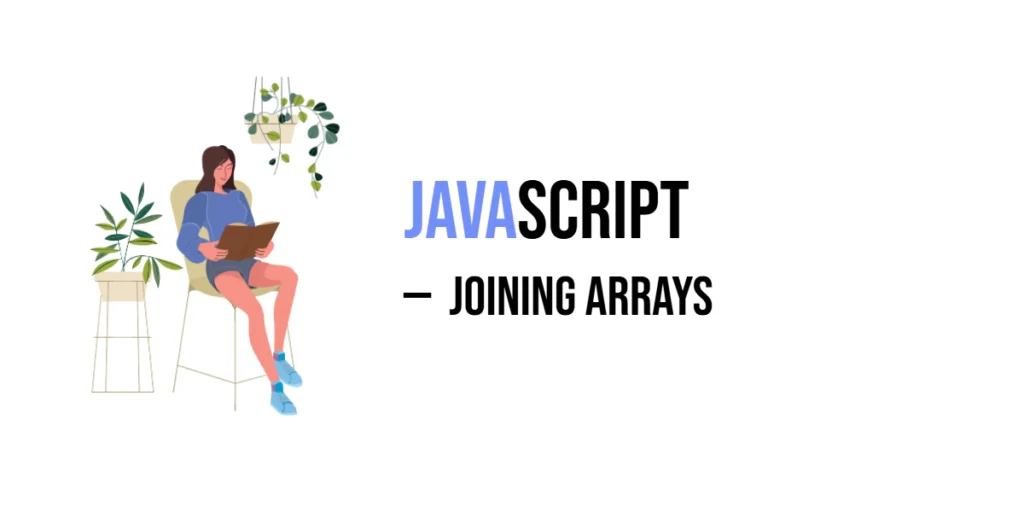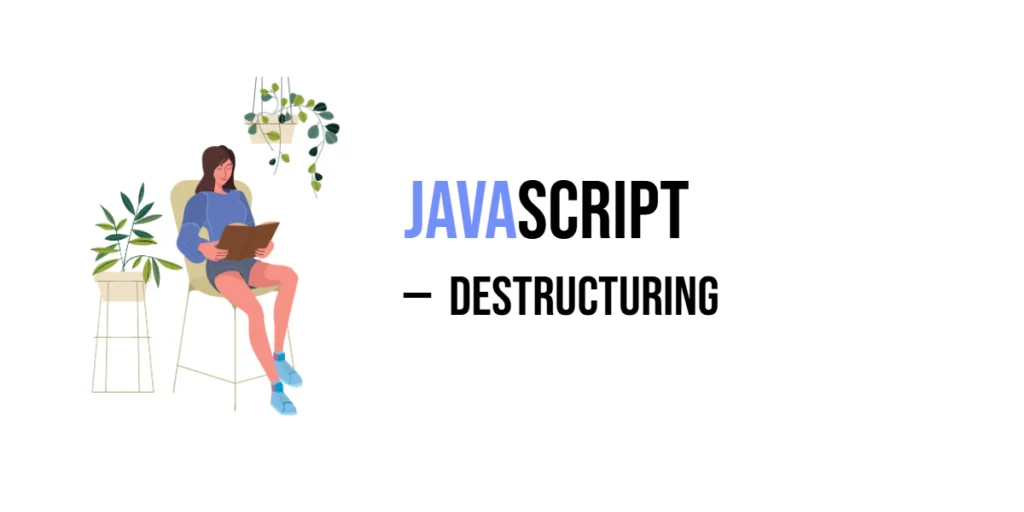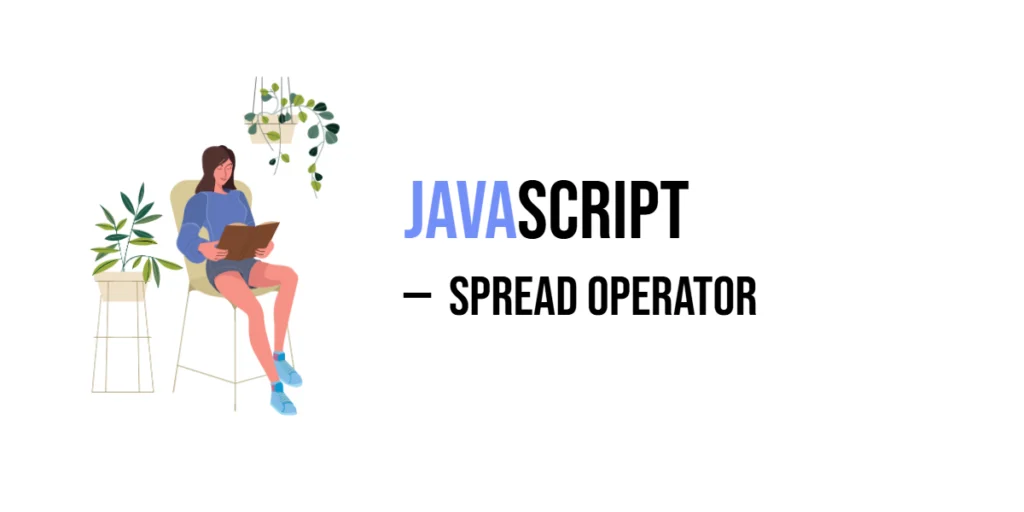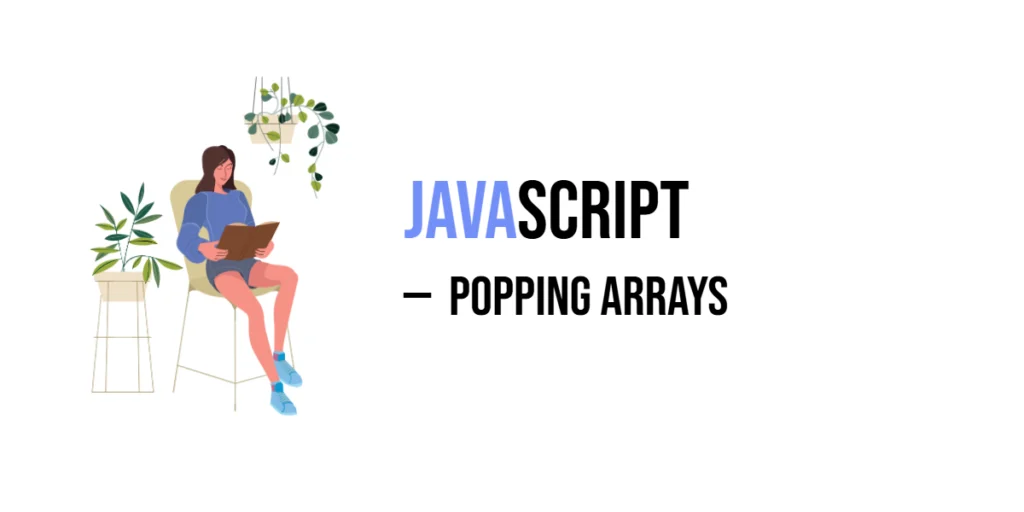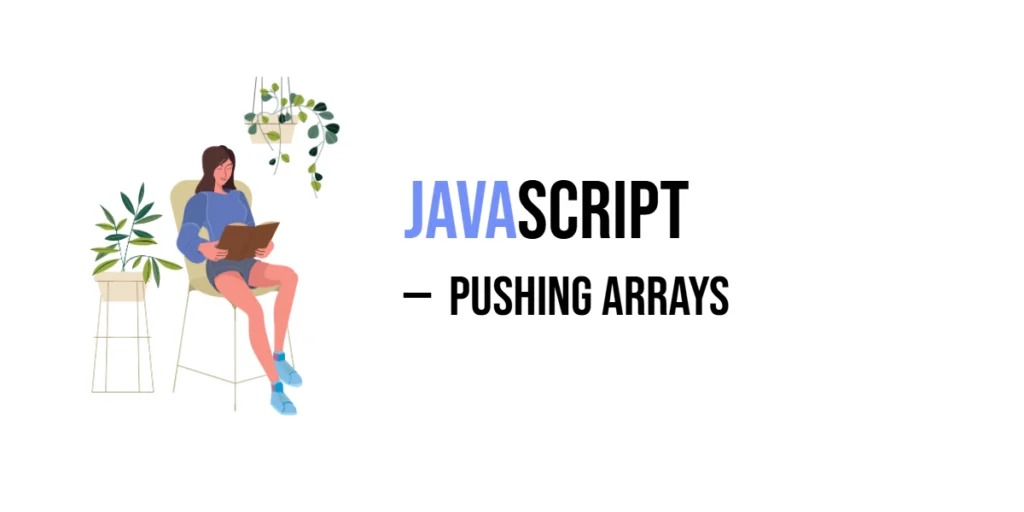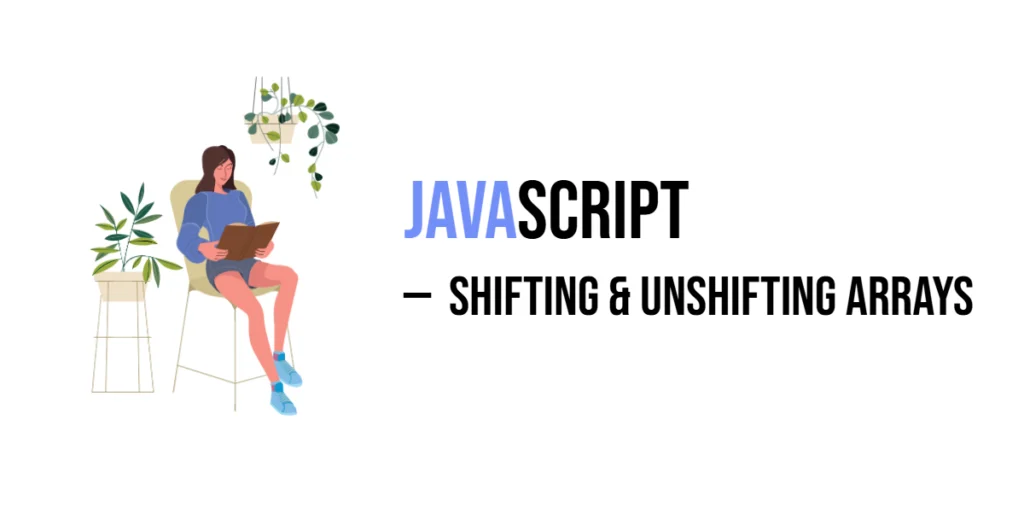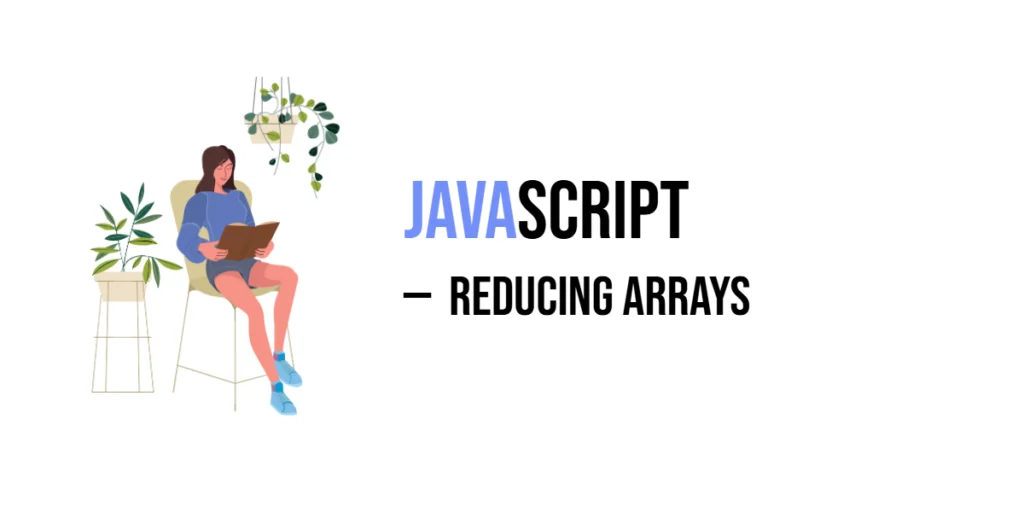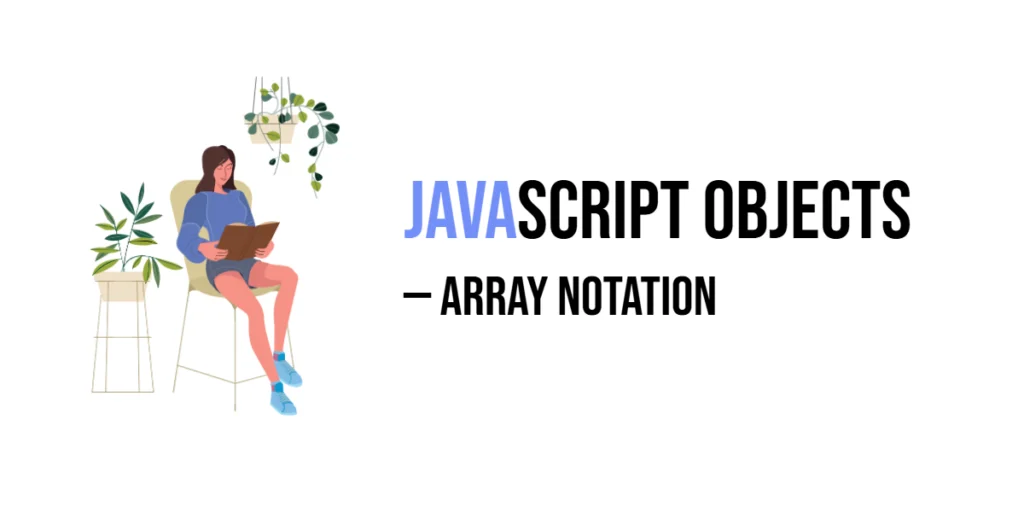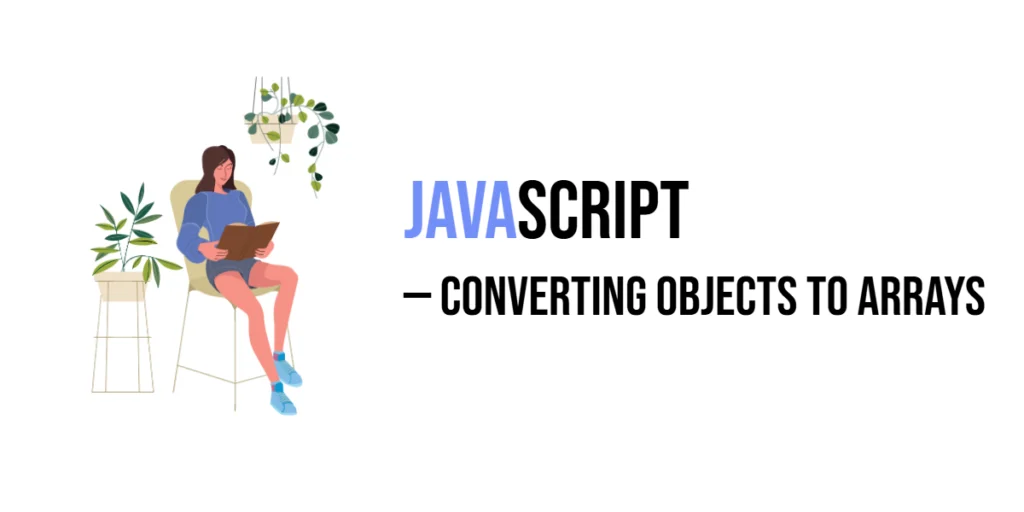JavaScript: Joining Arrays
In JavaScript, joining arrays means taking two or more arrays and combining them into a single one. Imagine you have a box of fruits and another box of vegetables, and you want to pour them all into one big basket. That’s what array joining is like! JavaScript gives us many easy ways to do this. […]
JavaScript: Joining Arrays Read More »
